[Balkans Short Story] Sarajevo. Stealing Sarajevo
Below, Chinese and English are written the same thing, but they are not translated into each other.
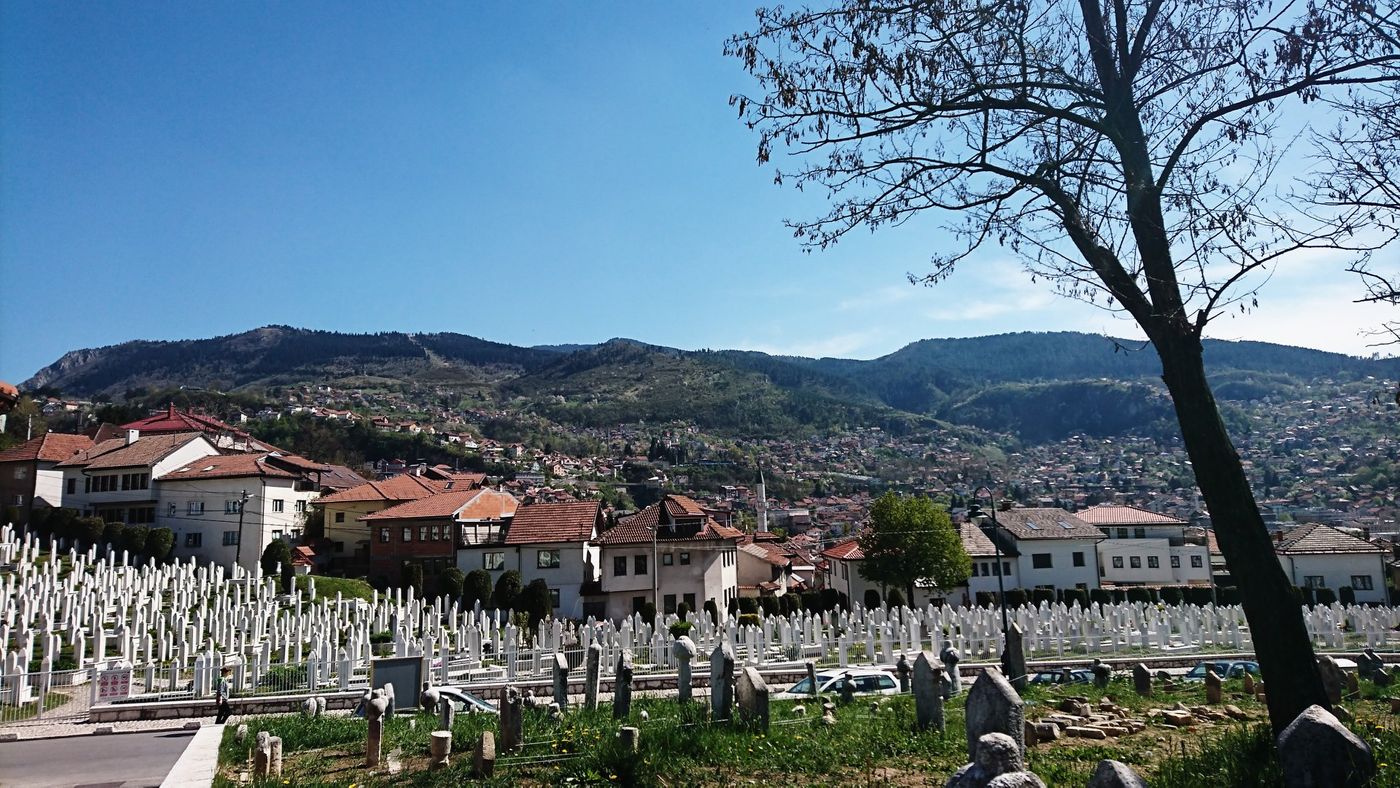
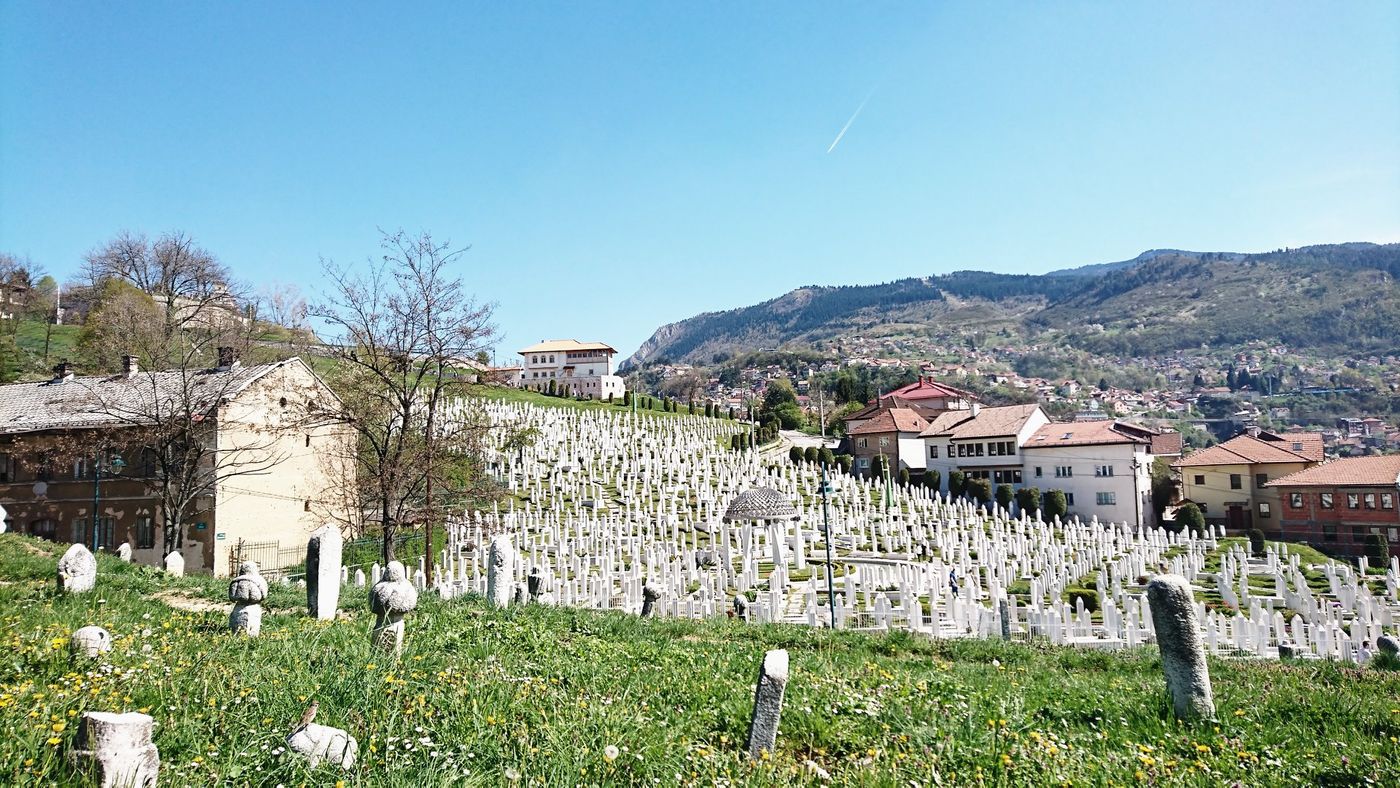
Hill
On the day of the terrorist attack in Sri Lanka, I settled in Sarajevo. The small apartment is located on the hill next to the old town. Whether it is for work or shopping, going down, up, up and down the mountain has become a daily routine.
On the way into the city is a white tombstone embedded in the middle of the mountain, beautiful and sad. As for the names of the deceased floating on the white memorial wall, even under the sunlight, there is no temperature. At the end of the Yugoslav civil war, more than 8,000 Muslim men were killed overnight. As for those who died during the war, no matter how many memorial walls there are not enough to fill. People say here, the war isn't over, it's just paused. But Bosnians living in the same country, regardless of religion and race, are neighbors, can they really take up arms and slaughter each other?
It seems too naive to say that it is impossible. Here and in the outside world, human beings have never had a limit on their atrocities against each other.
In the summer of 2019, I lived in a small hillside community bordering the old town of Sarajevo.
Every day, I walked past a cemetery where thousands of Bosnians who died in the Yugoslav War are buried. Vertical tombstones shrouded half the hillside in white, reminding people of the genocide that took place here. There were others elsewhere in the world, and there will be another genocide, another terrorist attack, another hate killing; then another grave, another cemetery, and another monument, with or without the names of those who died. How could a passerby not pause and wonder why humans never stop killing each other?
So-called Privilege / Accomplice
A colleague from the War Childhood Museum told me: Generally, university graduates in Bosnia earn 600-700 marks a month, which is 300-350 euros. As for the per capita monthly income in Bosnia, it seems to be only more than 200 euros. In short, the internship allowance given to me by the school is more than twice the average income of the local people.
The original war and the current refugee crisis made Sarajevo gather a large number of foreigners, of course, many European freelancers. Living in Bosnia with foreign currency is definitely a paradise. The price of the tourist area here is completely the same as that of Western Europe, and one euro for two yuan marks. In non-sightseeing areas, the price of dishes is so cheap that people want to cry.
The rent is also. I found a two-bedroom apartment in the prime area of Sarajevo's old town for about 500 Canadian dollars a month. For me from Toronto, this price is nothing. I paid the money generously, and I was glad that my rent was lower than that of other students who went to EU countries for internships. I forgot that there were many Bosnians from other cities who wanted to come to Sarajevo to work hard, but they wanted to Where do you live? That rent is what they can earn a month, assuming they get a job. The tourism money brought by foreigners makes the local people's income limited, but the pushed up housing prices silently keep their own citizens out of the city.
In a city where the per capita number of sojourners is not high enough, when writing a blog article, you can boast that it is a risky and difficult task, but to put it bluntly, after all, you are only an accomplice in harming the lives of local people under globalized capitalism.
The average income of college-educated Bosnian young people is approximately 600 to 700 Bosnian Marks (BAM); that is, if they can find jobs after school. For those who are unfamiliar with BAM, that's equivalent to about 300 to 350 euros. However , "most young people won't even get a job," according to one of my colleagues at the War Childhood Museum.
For those young people who try to stay in/come to Sarajevo, the biggest challenge might be the rental market. Many international NGOs are operating in Sarajevo, and they bring in a large number of foreigners. Of course, there are also many people coming to experience life in an exotic – and affordable – European city. Foreigners earn euros or US dollars and enjoy a low cost of living. Landlords increase the rental prices, double or triple; and those foreigners pay anyway because it's far cheaper than where they came from. Most of them won't feel guilty, as they believe that they are contributing to Sarajevo's development.
However, neither rising prices nor economic development necessarily improves the lives of young Bosnians. It is hard to live in a city where rent can be as high as their entire salary.
My funding for the summer internship was 950 CAD per month, two times more than the average local income. That amount, in addition to getting to enjoy a three-room apartment in the heart of Sarajevo, was more than reasonable. I was also one of those people who had the luxury of not caring about rental prices.
And that just makes me feel sad.
The Chinese version seems to have appeared in another article , here is just for the comparison between Chinese and English.
survivors
I read this passage yesterday in the Commentary on Sixty Years of Postwar Europe ,
"We, the survivors, are not the real witnesses...we are...the peculiar few: we are the ones who have been spared the worst by our own circumspection, or our own characteristics, or our own good fortune. Those who The people who really suffered the worst, the ones who saw the Gorgons, didn't come back to tell the story, or came back without saying a word."
Then I remembered what I had seen and heard in Sarajevo.
I didn't buy a single poster after visiting the Gallery 11/07/95 , so heartbreaking.
One of my tasks in the WCM was writing the condition report for some letters written by the children and sent to America during the Siege of Sarajevo. However, even though I had already read and watched a lot of similar stories, movies, and pictures in Sarajevo, I was still heartbroken when I saw those pictures.
'We, the survivors, are not true witnesses...We are...an anomalous minority: we are those who by their prevarications, or their attributes or their good luck did not touch bottom. Those who did so, those who saw the Gorgon, have not returned to tell about it, or they returned mute.' Primo Levi, The Drowned and the Saved.
The above paragraph appeared in a footnote in Tony Judt's Postwar: A History of Europe since 1945. It reminds me of what happened in Sarajevo and Bosnia once again.
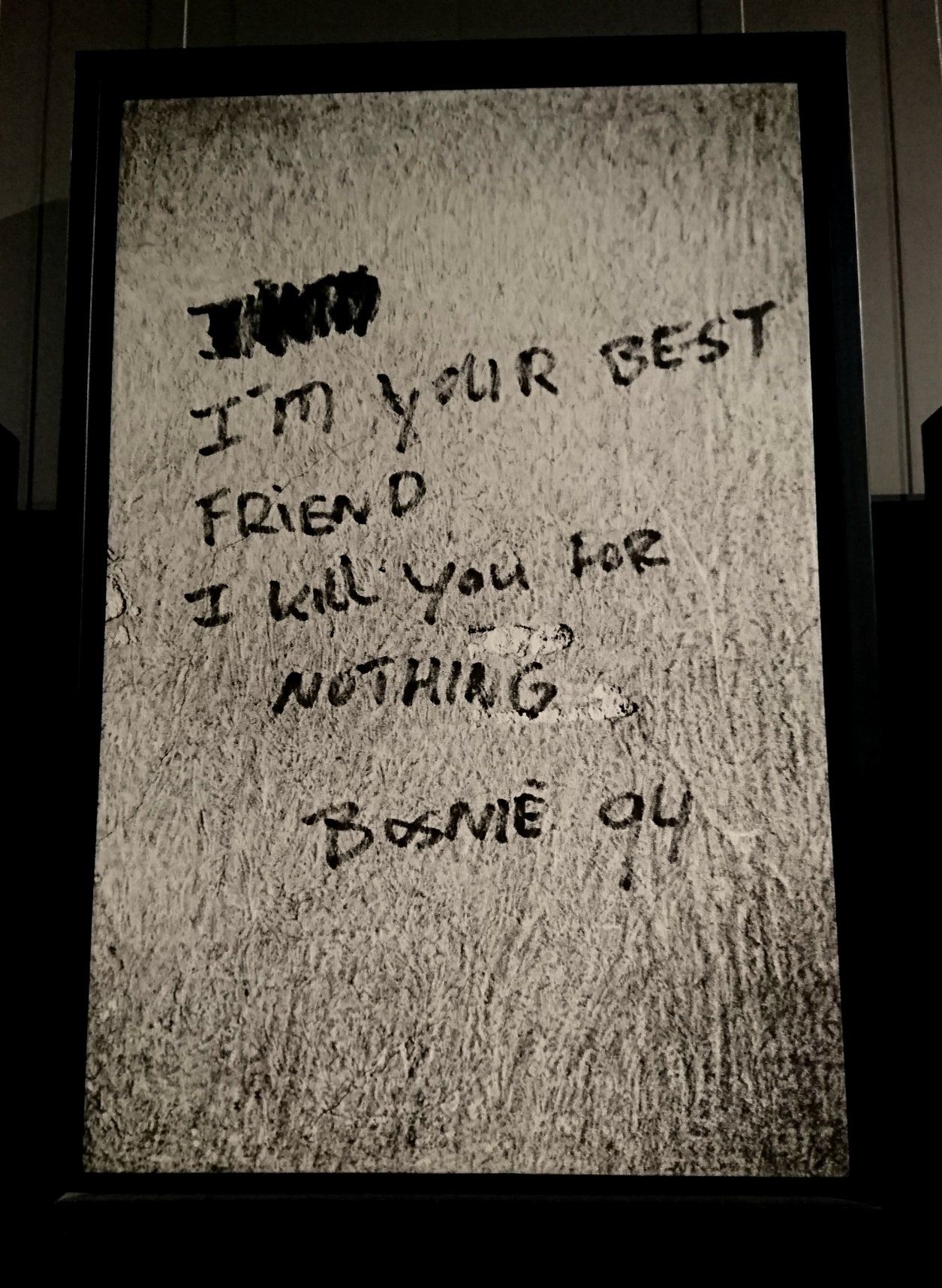
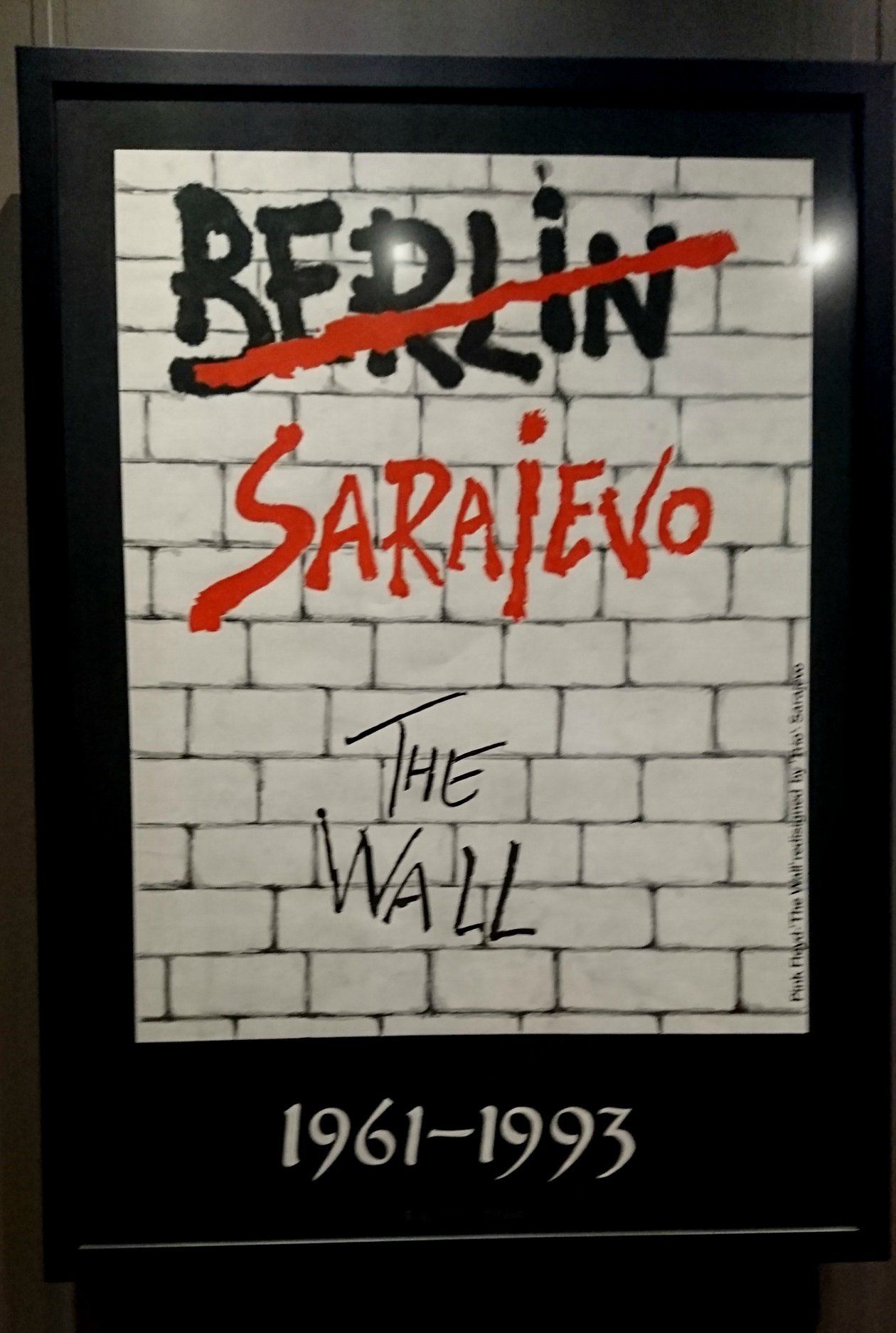
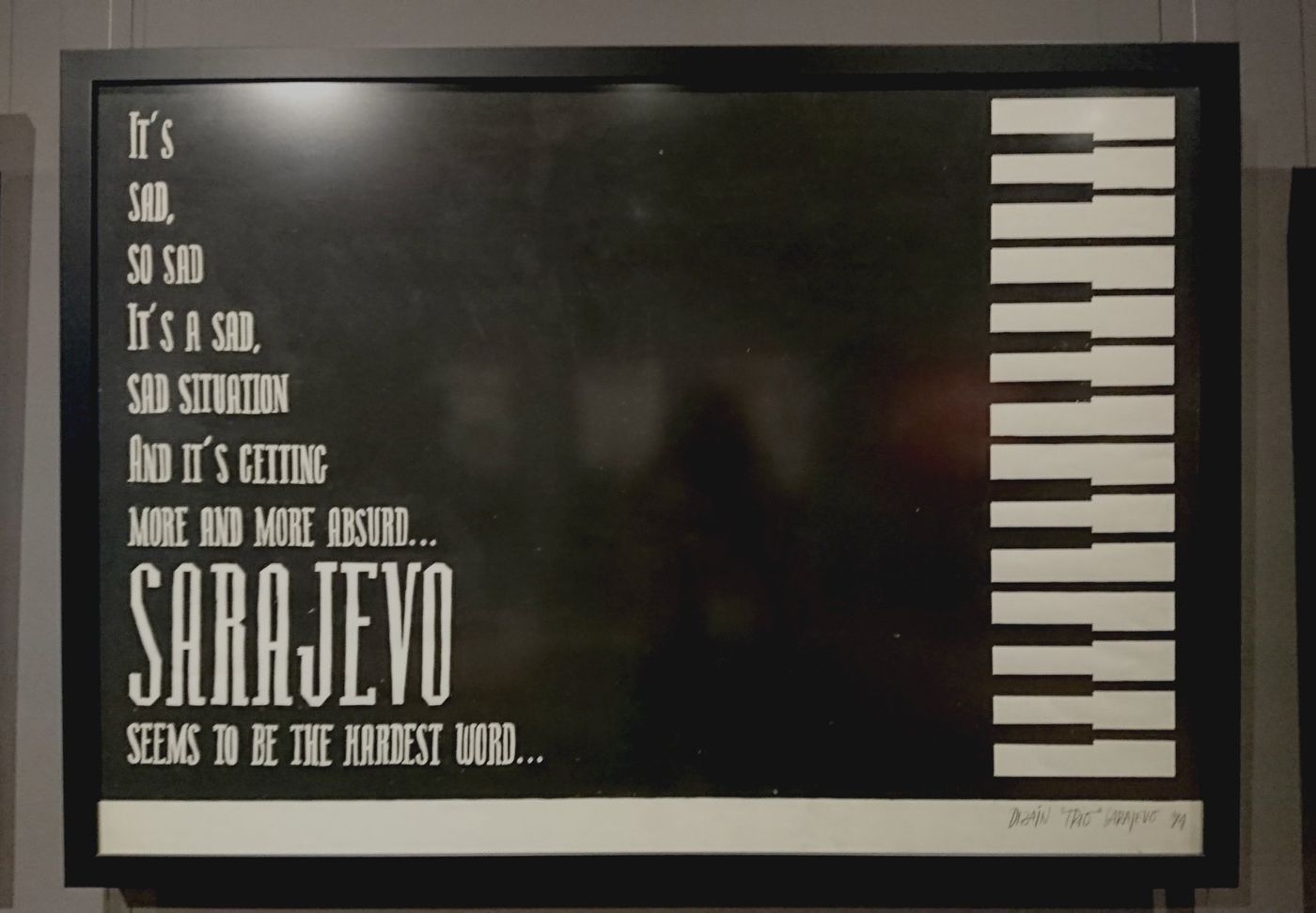
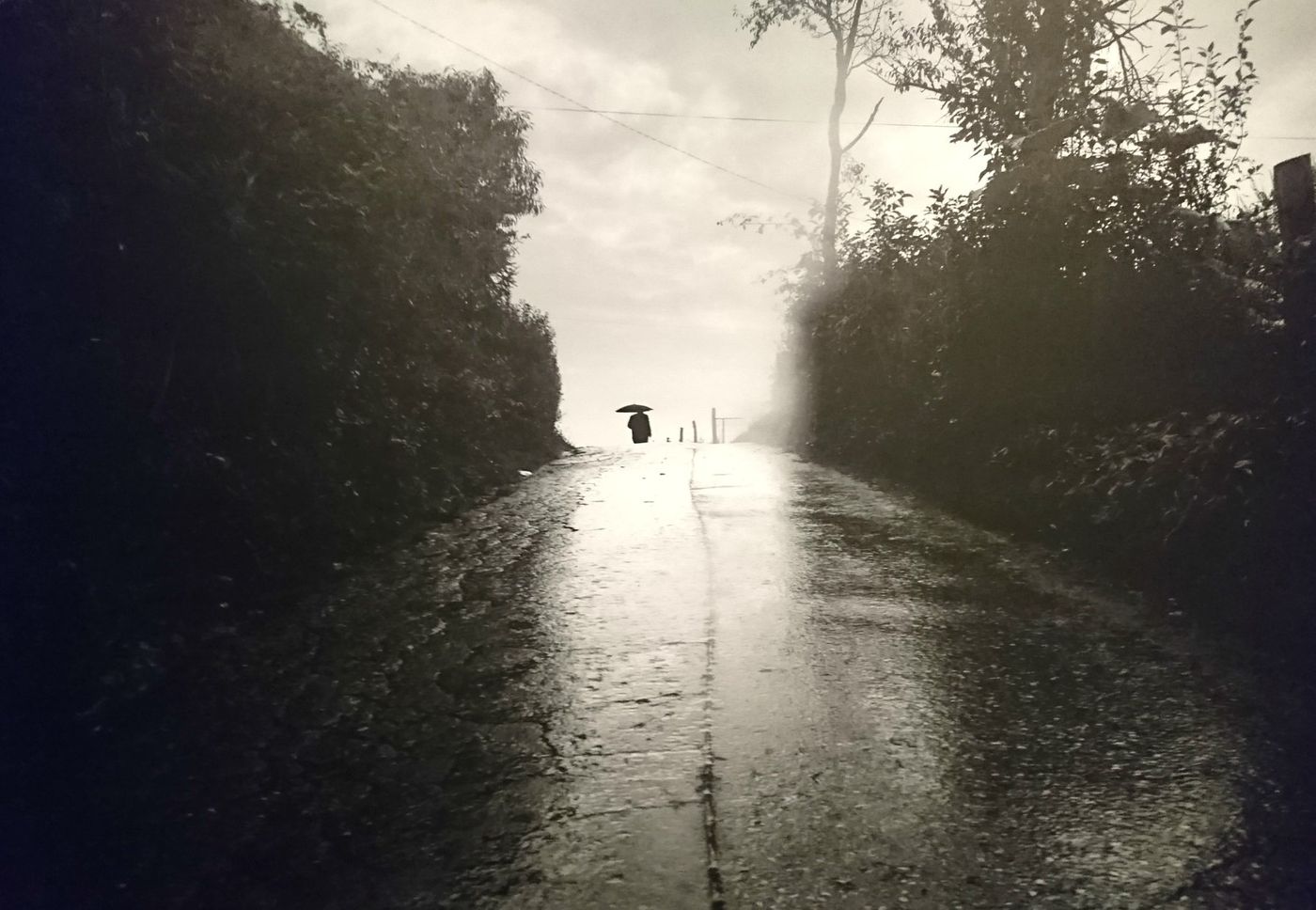
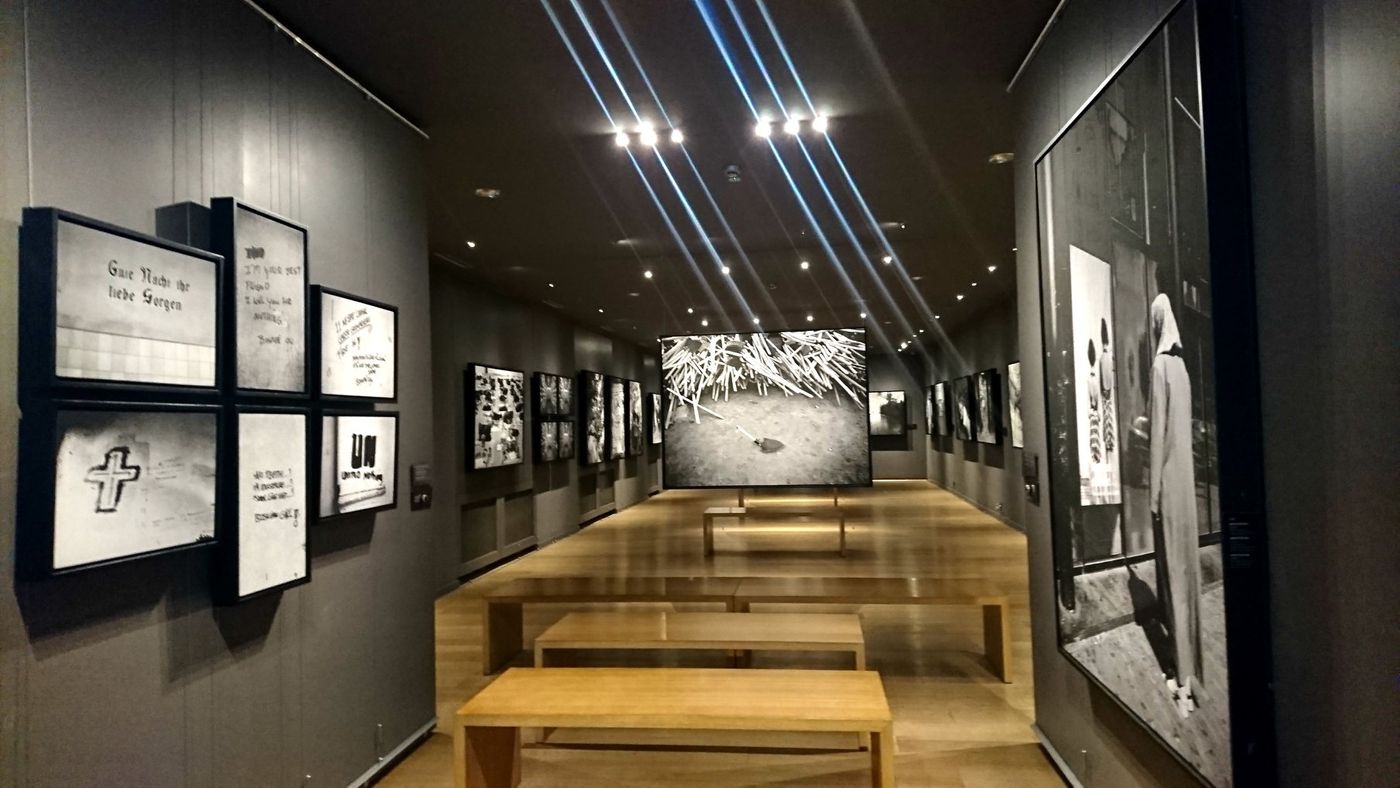
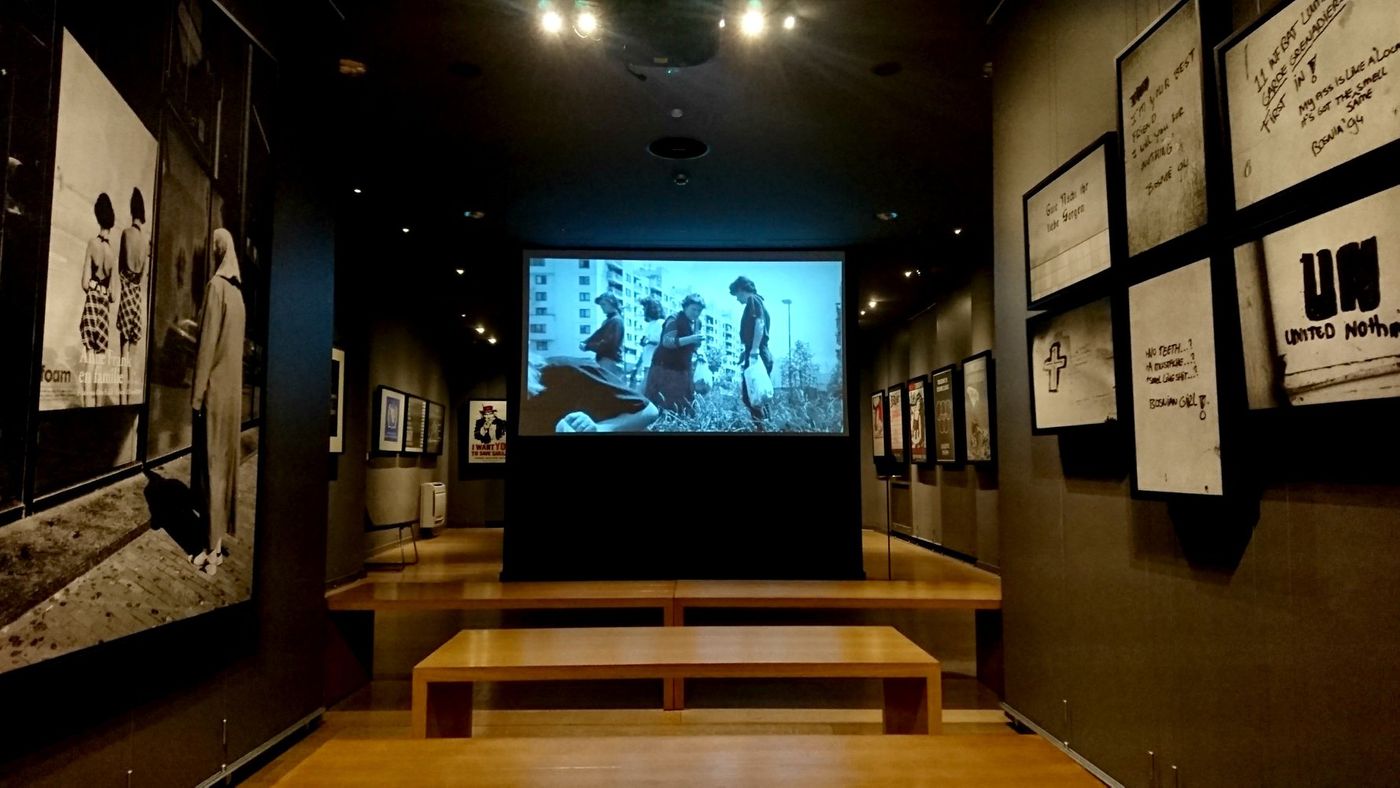
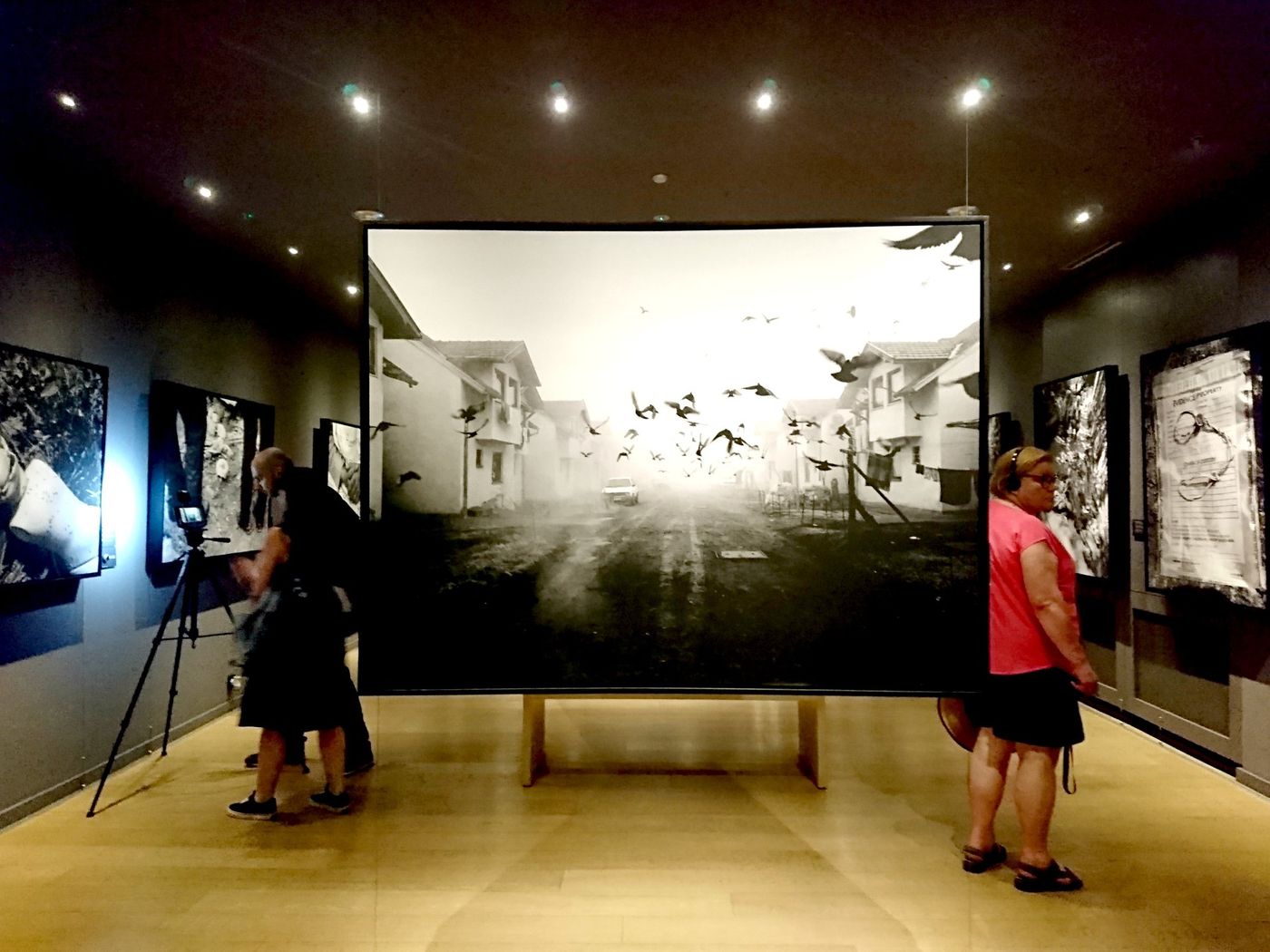

The hacked website draft interface is too difficult to use! ! I don't know how many dirty words I wrote in an article? However, the more you are attacked by hackers from a certain country, the more you should post on it to express your support.
Welcome to join / Follow the hearth and leave the city
Please subscribe to track the personal website volume, add in writing
Can also directly swipe the card to support my writing with the actual amount
Like my work? Don't forget to support and clap, let me know that you are with me on the road of creation. Keep this enthusiasm together!






- Author
- More